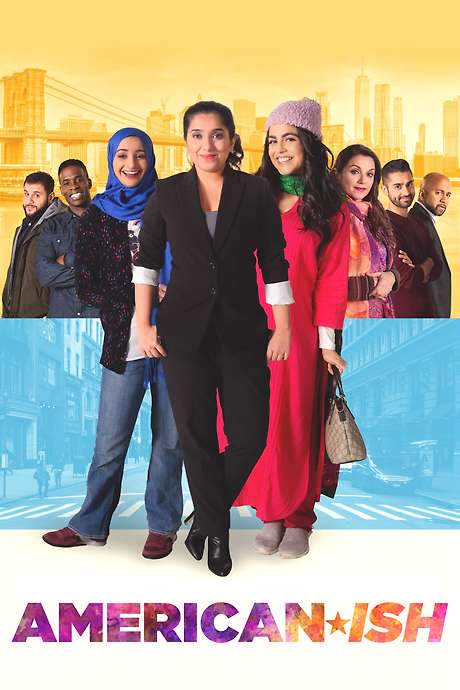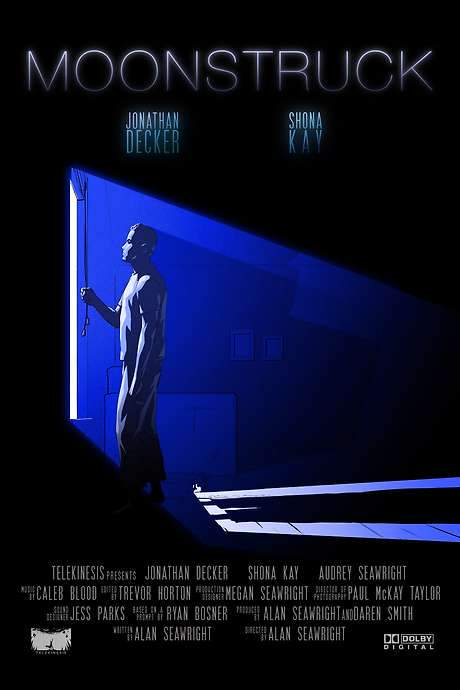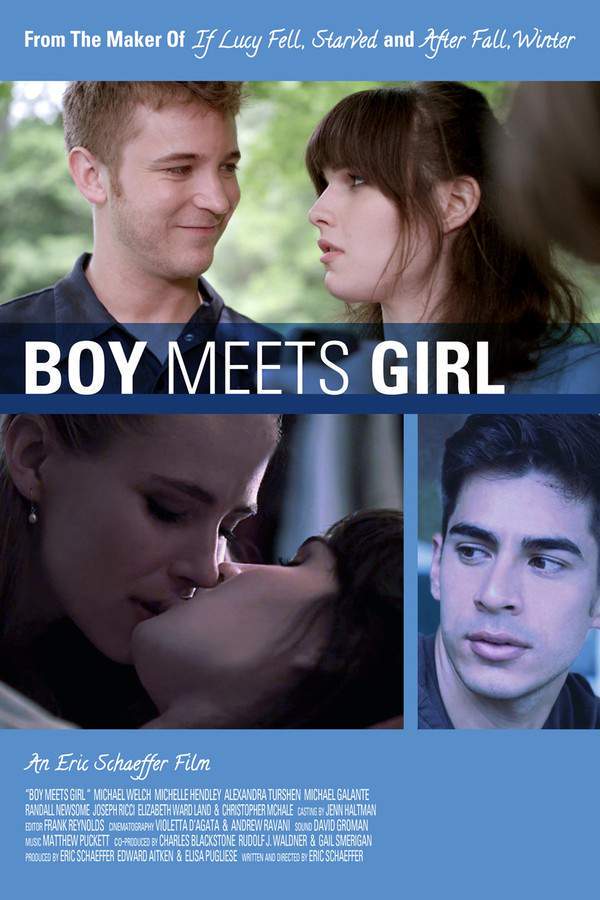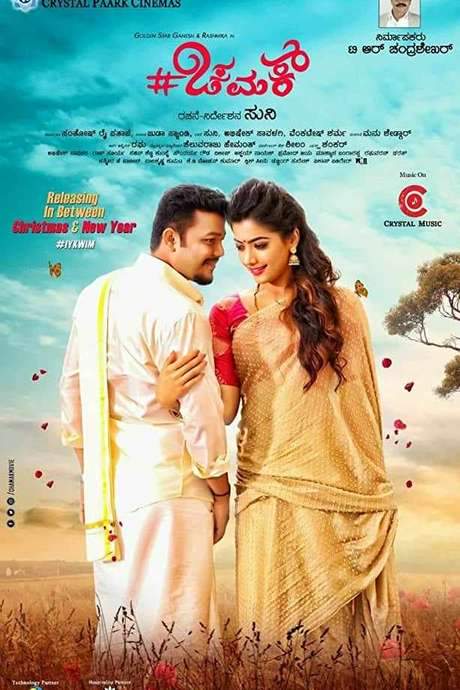
Chi Va Chi Sau Ka
Year: 2017
Runtime: 136 mins
Language: Marathi
Director: Paresh Mokashi
Savitri and Satyaprakash, from vastly different backgrounds, are arranged for marriage. Seeking to understand each other better before committing, they opt for a live-in relationship. The film explores their journey as they navigate their differences and attempt to build a connection.
Warning: spoilers below!
Haven’t seen Chi Va Chi Sau Ka yet? This summary contains major spoilers. Bookmark the page, watch the movie, and come back for the full breakdown. If you're ready, scroll on and relive the story!
Chi Va Chi Sau Ka (2017) – Full Plot Summary & Ending Explained
Read the complete plot breakdown of Chi Va Chi Sau Ka (2017), including all key story events, major twists, and the ending explained in detail. Discover what really happened—and what it all means.
Satya, Lalit Prabhakar, is an engineer who designs solar-energy products and lives with his parents, Supriya Pathare and Pradeep Joshi, as well as his widowed grandmother, Jyoti Subhash. Saavi, Mrinmayee Godbole, is a vegan veterinarian at an animal shelter who shares a home with her parents, Pornima Talwalkar and Sunil Abhyankar, her pregnant sister Ragini Sharmishtha Raut, and her younger brother, Tillya Pushkar Lonarkar. The narrative quietly carves out the rhythms of two very committed lives, each deeply rooted in their own values and communities, setting the stage for a modern exploration of marriage’s expectations.
The families introduce Satya and Saavi as prospective life partners, a pairing born from a shared sense of purpose and mutual admiration rather than a spontaneous romance. Their first formal meeting unfolds after a prior, familiar encounter at the register marriage of friends, and it becomes clear that both parties carry strong convictions about love, independence, and compatibility. Saavi sets two clear terms: their relationship will be strictly platonic at the outset, and Satya must embrace a vegan lifestyle. Satya accepts these conditions with a hopeful practicality, convinced that testing their bond in a real, domestic setting could provide a healthier template for arranged partnerships in a changing world.
What follows is a thoughtful two-month “trial marriage” that unfolds inside Satya’s home, where daily routines, professional ambitions, and family loyalties all intersect. Satya, devoted to solar energy work, helps Saavi expand support for her animal shelter, lending funds and organizational energy to a cause she champions. Saavi, in turn, helps Satya navigate essential work-related documents and, more subtly, nudges his grandmother toward a new, warmer chapter in life, with her longtime friend Haribhau Bhudargadkar. In those intimate days, the two begin to understand each other beyond appearances, discovering shared values, complementary strengths, and a growing fondness that hints at something deeper than friendship.
Yet the path to togetherness encounters friction. Saavi confronts the practical limits of a vegan, non-vegetarian world, especially when she witnesses non-veg food being cooked at a company event intended to celebrate Satya’s progress. The scene becomes a test of trust: Satya admits that he changed his own habits for Saavi, but he resists dictating others’ choices and insists on personal autonomy, highlighting a fundamental tension between personal sacrifice and collective lifestyle choices. The realization that their visions of compromise diverge at key moments drives a wedge between them, and they part ways in disappointment, even as their affection remains evident to those around them.
In a twist of fate, the two cross paths again at a Youth Icon award ceremony, where their defenses soften in a public, almost ceremonial moment. The pair choose to voice their true feelings during a candid press interview, turning a potentially awkward reunion into a lighthearted confession. In a small, symbolic gesture, Satya presents Saavi with an adopted puppy named Galileo, a living reminder of the companionship they could share. The finale circles back to the core promise of their partnership: a marriage that acknowledges both individuality and shared purpose, sealing their bond in a celebration that signals hope for a future built on mutual respect, evolving traditions, and a willingness to listen.
Throughout the film, the narration by Deva Brahma guides the mood, offering wry insight into the shifting sands of marriage and societal expectations. The stories of Satya and Saavi are framed not as a rejection of tradition but as an invitation to adapt it—honoring love, kindness to animals, and personal growth while recognizing that modern life often requires flexible commitments. The result is a thoughtful, gently humorous look at how two people from different worlds can learn from each other, find common ground, and choose to commit openly to a life they build together.
Last Updated: October 01, 2025 at 13:05
Explore Movie Threads
Discover curated groups of movies connected by mood, themes, and story style. Browse collections built around emotion, atmosphere, and narrative focus to easily find films that match what you feel like watching right now.
Modern Romance Movies Like Chi Va Chi Sau Ka
Stories where contemporary love navigates the complexities of traditional expectations.Discover movies like Chi Va Chi Sau Ka that blend modern romance with traditional values. If you enjoyed the thoughtful exploration of love and compromise in a contemporary setting, these similar romantic comedies and dramas feature couples navigating cultural expectations and personal growth.
Narrative Summary
The narrative pattern typically involves a couple from different backgrounds or with contrasting modern/traditional mindsets. The central conflict arises from navigating family expectations, societal norms, and personal desires, with the plot unfolding through conversations, compromises, and small, realistic moments that build understanding.
Why These Movies?
Movies in this thread share a focus on the intersection of modern relationship ideals with established traditions. They feature a hopeful tone, relatable conflicts centered on values, and a steady pace that allows for genuine character development and emotional connection.
Trial Relationship Movies Similar to Chi Va Chi Sau Ka
Stories where couples enter an arrangement to see if love can truly grow.Find films similar to Chi Va Chi Sau Ka where couples test their compatibility through an arrangement. These movies focus on the journey from pragmatic agreement to real emotion, featuring gentle humor and a hopeful look at whether love can be built intentionally.
Narrative Summary
The core journey follows characters who enter a relationship for practical or unconventional reasons, agreeing to a limited-time trial. The story arc charts their progression from initial awkwardness and negotiation through shared experiences, leading to a pivotal moment of choice where they must decide if their fabricated connection has become authentically romantic.
Why These Movies?
These movies are grouped by their unique 'arrangement-to-love' plot structure. They share a gentle, hopeful vibe, a steady pace focused on character interactions, and a satisfying emotional payoff as initial skepticism gives way to real connection.
Unlock the Full Story of Chi Va Chi Sau Ka
Don't stop at just watching — explore Chi Va Chi Sau Ka in full detail. From the complete plot summary and scene-by-scene timeline to character breakdowns, thematic analysis, and a deep dive into the ending — every page helps you truly understand what Chi Va Chi Sau Ka is all about. Plus, discover what's next after the movie.
Chi Va Chi Sau Ka Timeline
Track the full timeline of Chi Va Chi Sau Ka with every major event arranged chronologically. Perfect for decoding non-linear storytelling, flashbacks, or parallel narratives with a clear scene-by-scene breakdown.

Characters, Settings & Themes in Chi Va Chi Sau Ka
Discover the characters, locations, and core themes that shape Chi Va Chi Sau Ka. Get insights into symbolic elements, setting significance, and deeper narrative meaning — ideal for thematic analysis and movie breakdowns.

Chi Va Chi Sau Ka Spoiler-Free Summary
Get a quick, spoiler-free overview of Chi Va Chi Sau Ka that covers the main plot points and key details without revealing any major twists or spoilers. Perfect for those who want to know what to expect before diving in.

More About Chi Va Chi Sau Ka
Visit What's After the Movie to explore more about Chi Va Chi Sau Ka: box office results, cast and crew info, production details, post-credit scenes, and external links — all in one place for movie fans and researchers.
























